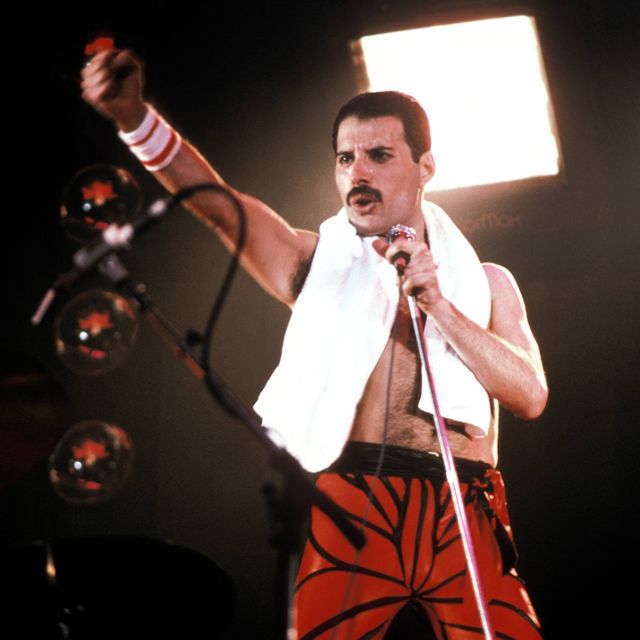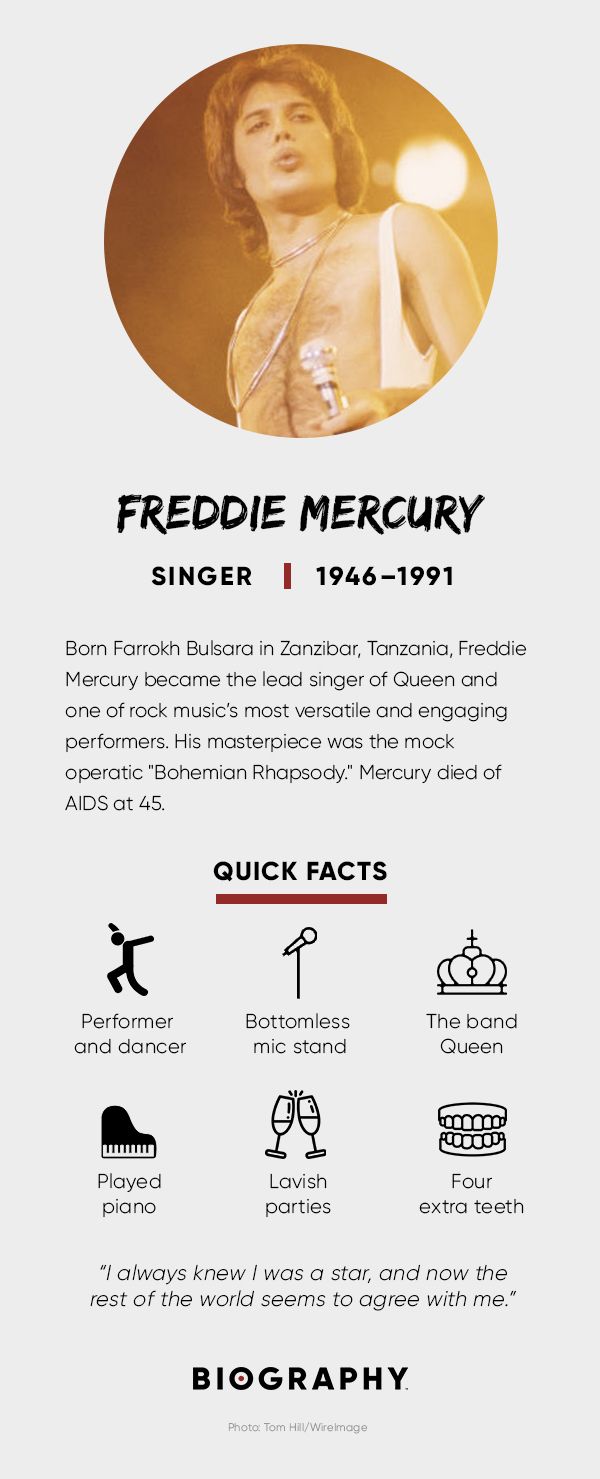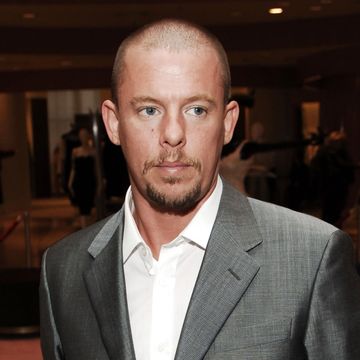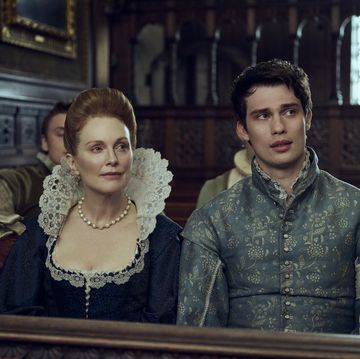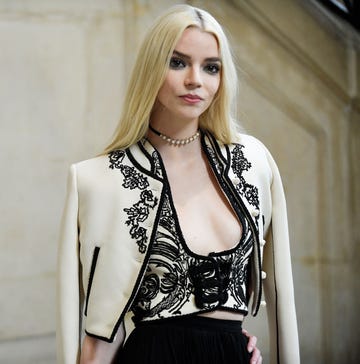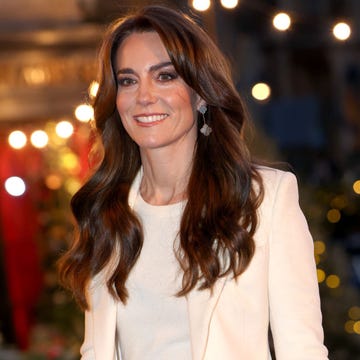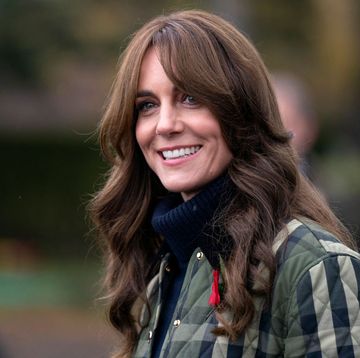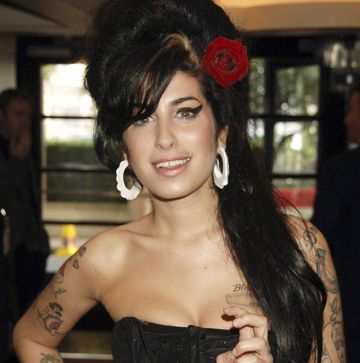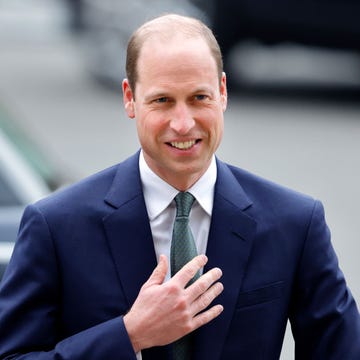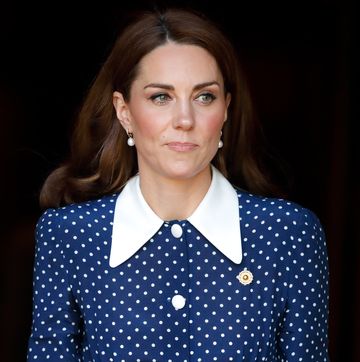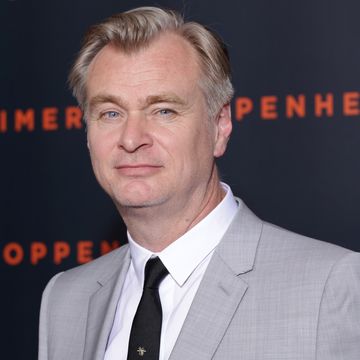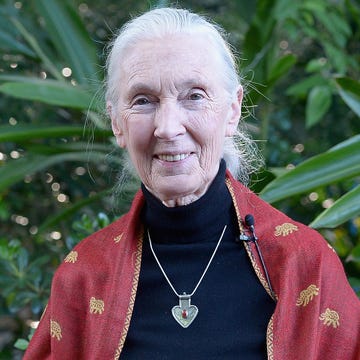1946-1991
Who Was Freddie Mercury?
Freddie Mercury was a singer-songwriter and musician whose music reached the top of U.S. and British charts in the 1970s and 1980s. As the frontman of Queen, Mercury was one of the most talented and innovative singers of the rock era. Born Farrokh Bulsara in Tanzania, Mercury studied piano in boarding school in India, then befriended numerous musicians at London's Ealing College of Art. Mercury died of AIDS-related bronchial pneumonia on November 24, 1991, at age 45.
Early Life
Mercury was born Farrokh Bulsara on September 5, 1946, in Zanzibar. Mercury's parents, Bomi and Jer Bulsara, were Parsees, or followers of the Zoroastrian religion whose ancestors came from Persia. After Bomi and Jer married, they moved to Zanzibar, Tanzania, where Bomi worked as a cashier for the British government's High Court. The family lived a fairly affluent life, with a nanny and other domestic workers. Mercury's sister, Kashmira, was born in 1952.
At the age of 8, Mercury's parents sent him to a boarding school in Bombay (now Mumbai), India, where he studied piano and spent his free time with his aunt and grandparents. It was not long before the charismatic young man joined his first band, the Hectics. In 1963, Mercury returned to Zanzibar.
Following a bloody revolution on the islands in 1964, the family fled to London. Mercury attended the Ealing College of Art and befriended a number of musicians.
In 1969, Mercury joined a group called Ibex as their lead singer. He played with a few other bands before joining forces with his future Queen bandmates.
Teeth and Vocal Range
Mercury was born with four extra teeth in the back of his mouth, causing his now-famous bucktooth grin. In fact, his nickname growing up was Bucky.
Mercury never got his teeth fixed because he was afraid it would ruin his impressive four-octave vocal range.
Queen
Mercury met his future bandmates, drummer Roger Taylor and guitarist Brian May, around the time he moved to London in the 1960s. They met up with bassist John Deacon in 1971. The quartet, which Mercury dubbed Queen, played their first gig together that June.
READ MORE: Freddie Mercury Was Part of Brian May and Roger Taylor's Entourage Before Forming Queen
In 1973, Queen released their first album, titled Queen. They quickly followed up with their second album, Queen II, in 1974, which they recorded in over just one month. The album was the first taste of the group's signature harmonies and music styles, including ballads, folk, blues, metal, pop and rock, and included the single "Seven Seas of Rhye."
Queen's music, however, really only caught on with their third record, Sheer Heart Attack, also released in 1974.
With a sound that has been described as a fusion of hard rock and glam rock, Queen had an even bigger hit the following year with their fourth album, A Night at the Opera (1975).
Queen's popularity continued to soar through the late 70s and early 80s with A Day at the Races (1976), News of the World (1978) and The Game (1980). After The Works (1984), the group's ability to sell albums began to wane, although Queen continued to draw huge crowds as a live act around the world.
In addition to his talents as a singer and songwriter, Mercury was a skilled showman. He knew how to entertain audiences and how to connect with them. He liked to wear costumes — often featuring skintight spandex — and strutted around the stage, encouraging fans to join in the fun. Artistic in nature, Mercury was also actively involved in designing the art for many of the group's albums.
Mercury also lived a lavish lifestyle. He loved champagne and liked to collect art, once spending more than $400,000 on a set of hand-painted china. Always one for a party, Mercury threw himself elaborate celebrations; for one particular birthday, he flew a group of friends to the island of Ibiza. The occasion was marked by fireworks and flamenco dancing.
By 1989, Mercury largely retreated from public life. He did not promote or tour for Queen's next album, Innuendo (1991), and rumors about possible health problems began to circulate.
Before his death, Mercury worked in the studio with Queen. These efforts were released in 1995 on Made In Heaven, the group's last album with all the original members. Gone but clearly not forgotten, this collection of Mercury's final performances reached the top of the British charts.
Mercury and Queen were recognized for their contributions to American music history when they were inducted into the Rock and Roll Hall of Fame in 2001.
Songs by Freddie Mercury and Queen
'Killer Queen'
Queen's third album, Sheer Heart Attack, featured their first hit, "Killer Queen," a song about a high-class call girl. The 1974 single hit No. 2 on the U.K. charts, and peaked at No. 12 in the U.S. Unlike most of his other music, Mercury wrote the lyrics before the music.
'Bohemian Rhapsody'
Mercury wrote the song "Bohemian Rhapsody," a seven-minute rock operetta for the 1975 album, A Night at the Opera. Overdubbing his voice, Mercury showed off his four-octave vocal range on this innovative track. The song hit the top of the charts in Britain and became a Top 10 hit in the United States.
'We Are the Champions' and 'We Will Rock You'
The 1978 hit "We Are the Champions," off of the album News of the World, became a Top 10 song in the United States and in Britain. It was featured on a single with "We Will Rock You." Both songs have taken on a life of their own as popular anthems played at sporting events.
'Another One Bites the Dust'
Always exploring new and different sounds, Queen tried their hand at the big music trend of the time with the disco-flavored "Another One Bites the Dust," from their 1980 album The Game.
'Crazy Little Thing Called Love'
Also on of The Game, Mercury and the rest of the band showed their range as performers with the rockabilly-influenced 1980 hit "Crazy Little Thing Called Love," which Mercury penned.
'Under Pressure' with David Bowie
In 1981, Queen collaborated with David Bowie to create "Under Pressure." A No. 1 hit in Britain, the song's distinctive bass line was later reportedly used by Vanilla Ice for his 1990 rap hit "Ice, Ice Baby."
READ MORE: Inside David Bowie and Queen’s 'Tense' Recording Session for "Under Pressure"
'Radio Ga Ga'
Although Queen's popularity began to wane in the mid-1980s, the group had a minor hit in 1984 with "Radio Ga Ga." Pop musician Lady Gaga took inspiration for her stage name from the song.
Solo Career
In addition to his work with Queen, Mercury released several solo albums, including 1985's Mr. Bad Guy. He also collaborated with opera singer Montserrat Caballé for 1988's Barcelona.
Live Aid Performance
One of Queen's most notable performances was in 1985 at the Live Aid charity concert. Simply dressed in a tank top and jeans, Mercury led the crowd through some of the band's greatest hits with great energy and style. He got the thousands of music fans at London's Wembley Stadium to chant along to "We Will Rock You."
For many who watched the event live or on television, Queen gave one of the top performances of the day-long event, which was organized by singer and activist Bob Geldof and songwriter Midge Ure to raise money for victims of famine in Africa. Inspired by the event, the band wrote the hit "One Vision."
Fiancé Mary Austin
Offstage, Mercury was open about his bisexuality, but he kept his relationships private. He was engaged to Mary Austin and had a seven-year relationship with Jim Hutton until his untimely death.
Austin met Mercury in 1969 when she was a 19-year-old music store employee and he was a 24-year-old on the cusp of stardom. They quickly began dating; Mercury wrote the ballad “Love of My Life" for Austin.
In 1973 Mercury proposed; the wedding was called off when he revealed to her that he was bisexual. The pair remained close, and Austin tended to Mercury after his AIDS diagnosis. Mercury entrusted most of his estate and his London mansion, Garden Lodge, to Austin, who later married and had two kids.
“All my lovers asked me why they couldn’t replace Mary, but it’s simply impossible,” Mercury said in a 1985 interview. “The only friend I’ve got is Mary, and I don’t want anybody else. To me, she was my common-law wife. To me, it was a marriage. We believe in each other, that’s enough for me.”
READ MORE: Meet Mary Austin, the Woman Who Stole Freddie Mercury's Heart
Boyfriend Jim Hutton
Mercury met Hutton, an Irish hairdresser, in the 1980s at a gay nightclub in London. Mercury offered to buy Hutton a drink; Hutton didn't recognize the superstar and turned him down.
The pair reconnected a year and a half later at another night club. This time they began dating, and Hutton moved in with Mercury less than a year later. Although Mercury never came out, the couple stayed together until Mercury died of AIDS in 1991.
After Mercury's death, Austin reportedly kicked Hutton out of Garden Lodge. Hutton later wrote a book about his relationship with the singer, Mercury and Me. He died of cancer in 2010 at the age of 60.
READ MORE: The Complicated Nature of Freddie Mercury's Sexuality
Death
Mercury died from AIDS-related bronchial pneumonia at his London mansion on November 24, 1991. He was 45 years old.
The day before his death, on November 23, 1991, Mercury released a statement: "I wish to confirm that I have been tested HIV-positive and have AIDS. I felt it correct to keep this information private to date to protect the privacy of those around me. However, the time has come now for my friends and fans around the world to know the truth and I hope that everyone will join with my doctors and all those worldwide in the fight against this terrible disease."
Longtime friend and bandmate Roger Taylor provided some insight to Mercury's decision to keep his battle with AIDS private. "He didn't want to be looked at as an object of pity and curiosity, and he didn't want circling vultures over his head," Taylor said, according to a report in Entertainment Weekly. The rock world mourned the loss of one of its most versatile and engaging performers.
To honor his memory, the Freddie Mercury Tribute: Concert for AIDS Awareness was held in April 1992 at Wembley Stadium. A diverse range of rock acts — from Def Leppard to Elton John — performed to celebrate Mercury and advance the fight against the disease that took his life. That same year, Mercury's mock operatic masterpiece, "Bohemian Rhapsody," appeared in the movie Wayne's World and made a return to the Billboard 100 pop charts, illustrating its timeless appeal.
Bohemian Rhapsody Movie
Released in 2018, the movie Bohemian Rhapsody, starring Mr. Robot's Rami Malek as Mercury, follows the rise of Queen leading up to their legendary Live Aid performance in 1985.
Following the movie's release, Queen's music saw a resurgence in popularity decades after their last studio album. The group's song "Bohemian Rhapsody" shot from 87th place globally on Spotify the day before the movie's release to 15th one week later, and it hit the Billboard 100 for a third time.
QUICK FACTS
- Birth date: September 5, 1946
- Birth City: Zanzibar
- Birth Country: Tanzania
- Astrological Sign: Virgo
- Schools
- Ealing College of Art
- Death date: November 24, 1991
- Death City: London, England
Fact Check: We strive for accuracy and fairness. If you see something that doesn’t look right, contact us!
The Biography.com staff is a team of people-obsessed and news-hungry editors with decades of collective experience. We have worked as daily newspaper reporters, major national magazine editors, and as editors-in-chief of regional media publications. Among our ranks are book authors and award-winning journalists. Our staff also works with freelance writers, researchers, and other contributors to produce the smart, compelling profiles and articles you see on our site. To meet the team, visit our About Us page: https://www.biography.com/about/a43602329/about-us
